Qualitative Research Methods
The Eleventh batch commences on 2 June, 2025.
We are pleased to announce that two scholarships are available for individuals facing economic constraints who are in urgent need of this course. Kindly note that seats will be allocated on a first-come, first-served basis.
Course Description
This course is designed to introduce basic qualitative research methods. The course will use a combination of didactic, interactive and applied techniques to provide a rich and in-depth understanding of qualitative research in scientific research. Through the course, participants will be expected to conduct their own qualitative study. Participants will also learn the basic steps of qualitative data management and analysis using the software, Atlas. ti.
Expectations and Goals
By the end of the course, students will develop skills in how to formulate appropriate qualitative research questions and collect and analyze qualitative data. Students will be exposed to different styles of presenting qualitative research results and will consider different ways in which qualitative data is used in practice.
Prerequisites
Laptop with stable internet connection.
Class Days, Times, Location
Classes will be held online thrice a week (6.30pm to 8.00pm)
Course software
All students will use AtlasTi, a qualitative software package for the data management and analysis of the data from their group project available at https://atlasti.com. The participants are expected to download and install a trial version of the software to be used during the course upon instruction. More information on the software, how to download it, and how to use it for analysis will be presented in class.
Course Format
The course format will include three weekly lectures online. The lecture will be supplemented with small group discussions, in-class exercises, case studies, and examples from literature.
Telephone Messages
To communicate with the instructor or the TAs, please use email and do not leave phone messages.
Appropriate Use of Course Resources:
Any unauthorized copying of the class materials is a violation of federal law and may result in disciplinary actions being taken against the student. Additionally, the sharing of class materials without the specific, express approval of the instructor may be a violation of the institute’s Honor Code and an act of academic dishonesty, which could result in further action. This includes, among other things, uploading class materials to websites for the purpose of sharing those materials with other current or future students.
Attendance/ Participation
Your attendance and active participation are an integral part of your learning experience in this course. Students are expected to attend class regularly. We will be taking attendance at each class. If students are not able to make it to class, please send an email to the course coordinator explaining your absence. It is expected that students will read all assigned readings prior to class. Students are encouraged to share their prior experiences with qualitative data collection during class. We have designed the class to include a combination of large group presentations/discussions, and small group discussions and breakout sessions.
Communication
You are expected to follow professional etiquette and common courtesy in all communication including email, discussion boards, and face-to-face. All electronic communications sent should follow proper English grammar rules to include complete sentences. This is a professional course, and you are expected to communicate like a professional.
Contributions
You are expected to offer individual contributions in class and on individual assignments, and collaborate with fellow students on group assignments.
Late Work Late,
Late submissions will not be entertained. Such submissions will not be evaluated unless the instructors are not informed in advance due to extenuating circumstances, such as medical procedures or professional travel. Corrected submissions will not be accepted unless stated otherwise. Attendance on all course days and active participation in class is required to receive a course completion certificate.
Course Support
The International Institute of Migration and Development (IIMAD) will provide technical support for the course. If you need help with installation and access to course materials, please contact the IIMAD Help Desk by email at info@iimad.org .
Course contents
Introduction to Qualitative research.
Qualitative Research Design.
Participant Recruitment
Data collection
In-depth Interviews and interview Guide.
Data Management & Coding
Application of the software Atlas-ti in Data management
Data analysis
Presenting and Writing Qualitative Results.
Compulsory Reading
Hennink, M., Hutter, I., & Bailey, A. (2020). Qualitative Research Methods. Sage
Course Instructors
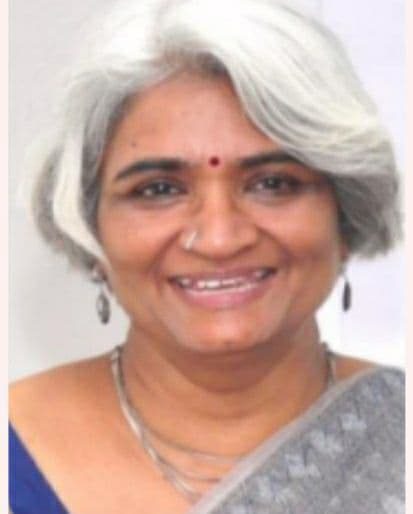
Dr Mala Ramanathan (she/her) is a Professor at the Achutha Menon Centre for Health Science Studies (AMCHSS), SCTIMST, Thiruvananthapuram. She has completed her Master’s in Statistics (MSc) from the University of Madras, Chennai and has another Masters in Medical Anthropology (MA) from the University of Amsterdam, Amsterdam. She is a trained demographer with an MPhil and PhD in Population Studies from the International Institute for Population Sciences, Mumbai. She has also completed her Fellowship in Research Ethics from the Harvard TH Chan School of Public Health, Boston as part of an NIH initiative. She has been faculty at the AMCHSS for 26 years where she has been teaching Gender issues in Health, Qualitative Research Methods, Anthropological Perspectives in Health and Ethics in Health Research. She is also currently one of the Working Editors of the Indian Journal of Medical Ethics, a leading Bioethics journal that is published quarterly in India by the Forum for Medical Ethics Society, Mumbai. She is also visiting faculty for Research and Public Health Ethics across several transnational NIH-supported training programmes in Bioethics. Dr Mala has more than 50 publications in national and international journals in her area of interest and brings to the training, her rich experience of research, teaching and mentoring students in health research.
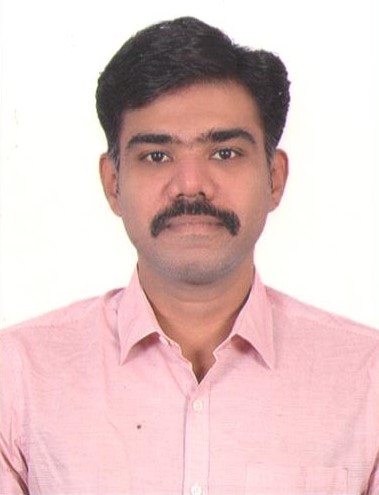
Dr. H. Arokkiaraj holds a PhD in Social Work from the University of Delhi. Prior to joining RGNIYD, he was a postdoctoral fellow at Leibniz Science Campus, Germany. He also worked as a research affiliate at the School of Social Sciences at Nanyang Technological University, Singapore. During different periods he worked at the Centre for Development Studies, Kerala. Further, he also worked as a research intern at the India Centre for Migration (ICM) at the Ministry of External Affairs (MEA), India. At present, he is jointly coordinating India’s country case inventory on mobility and COVID-19 for the Mobility, Livelihood, and Wellbeing Lab (MoLab) at the Max Planck Institute for Social Anthropology, Germany. He has also widely published on international labour migration from India to Gulf countries. His research interests include international labour migration, student mobility, and human trafficking, particularly in Gulf countries and intra-Asia.
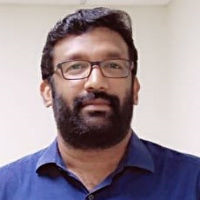
Dr Nikhil P N holds a master’s degree in Social Work from the Sree Sankaracharya University of Sanskrit, Kalady, Kerala and Population Studies from the International Institute for Populations Sciences (IIPS), Mumbai, India. For this doctoral pursuit, he has received Ubbo Emmius scholarship from the University of Groningen, The Netherlands and Prof. VKRV Rao fellowship from Institute for Social and Economic Change (ISEC) Bangalore, India. Based on this book, he holds a PhD in demography from the The University of Groningen, The Netherlands. In the last few years, he is involved in teaching and training students/researchers in qualitative research methods. He coordinated various qualitative research programs such as Certificate Course in Qualitative research methods, summer school/winter school/ workshop on Advanced qualitative methods for Transdisciplinary Centre for Qualitative Methods (TCQM), Manipal Academy of Higher Education, Manipal, India.
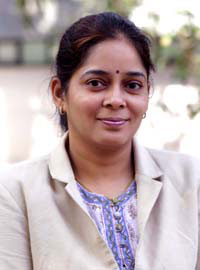
Dr. Dipti Govil is an Assistant Professor in the International Institute for Population Sciences. Before joined IIPS, she was Assistant Professor, in Indian Institute of Health Management Research (IIHMR), Jaipur. Her areas of interests are Health Policy, Reproductive Health, Middle Age, Population Aging, Abortion, Child Health, Nutrition, Breastfeeding, Community Health, Health System, Quality of Care.
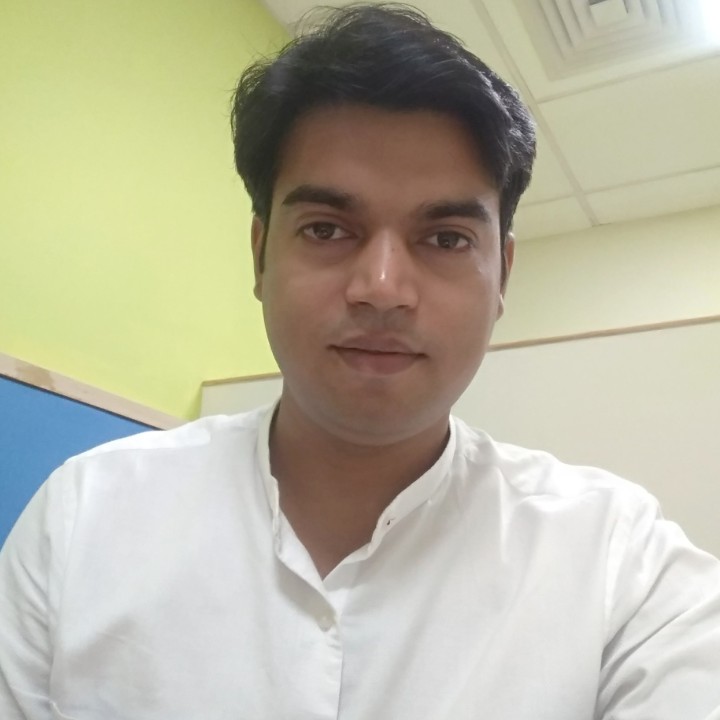
Dr. Selim Jahangir is a postdoctoral research fellow at the Transdisciplinary Centre for Qualitative Methods and Health Demography, Prasanna School of Public Health, Manipal Academy of Higher Education, Manipal. His key research and education interests are in Population aging and care, Health Inequalities in the Global South, and Qualitative research methods. He is the course coordinator of the ‘Certificate course in Qualitative Research Methods’ in Manipal.
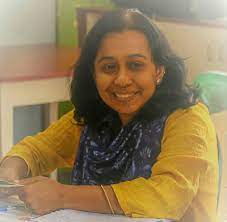
Dr. Ambuja Kowlgi has a PhD in Anthropology with a Specialization in Medical Anthropology. As an anthropologist, she has been involved in research and analysis and assisted many qualitative studies as an anthropologist and qualitative research consultant, specializing in health, gender and education. She has worked with national and international research teams and organizations, including Sambodhi Research Communications, The Hunger Project, Jeeva- a research initiative, over the past decade.
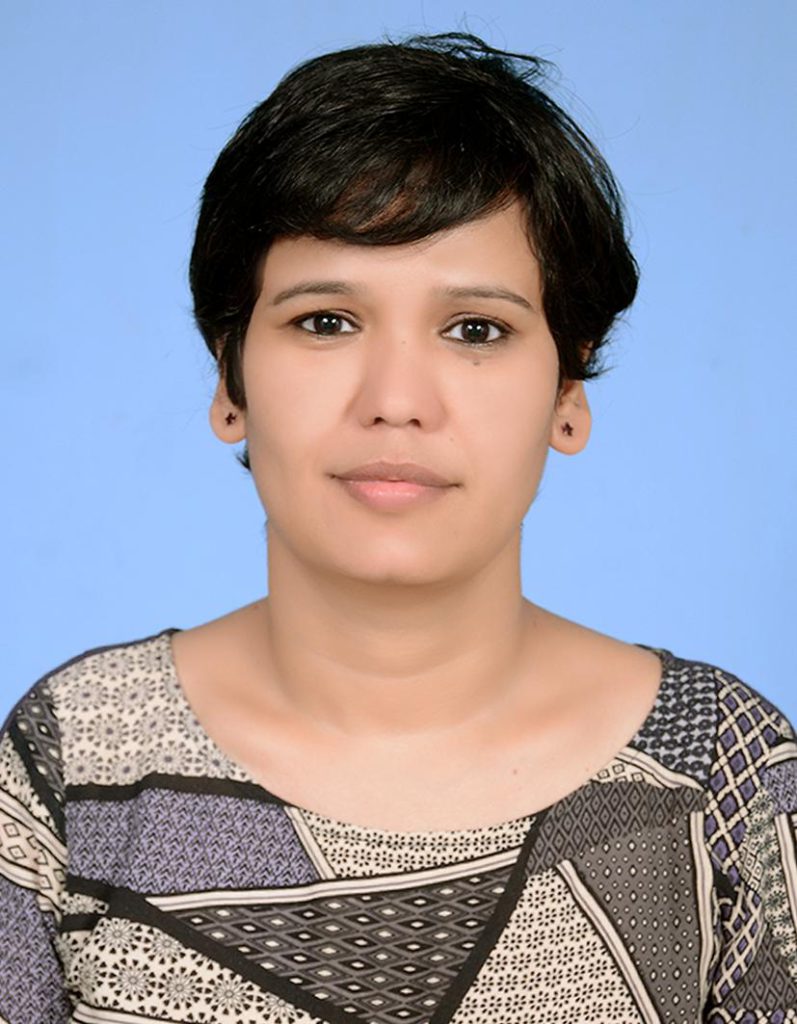
Shahana Purveen is a doctoral researcher at the Tata Institute of Social Sciences (TISS), Mumbai. Her Ph.D thesis focuses on inter-state migration, specifically looking at the livelihood and identity issues of migrant taxi drivers in Mumbai. She has a Master’s degree in Human Rights from Aligarh Muslim University (AMU), Aligarh. She has done M.Phil from TISS, and her M.Phil dissertation focuses on “Child labour in the Lock Industry of Aligarh.” She has been awarded the Erasmus Mundus PhD Exchange Scholarship to visit the University of Oxford. During her stay in Oxford, she conducted small research on Indian migrants working in restaurants. During the crucial time of the global pandemic of COVID-19, she volunteered on two projects: Let’s Reach Out Kerala and CoAST India (Tamil Nadu Team), to provide consultation to stranded migrants in Kerala and Tamil Nadu. She has presented her research at various national and international conferences. Additionally, she published her research work in select edited books and journals. Shahana’s primary areas of interest revolve around ethnicity, migration, and labour dynamics.
Course Fee
The course fee is ₹3000 for normal participants of the course. 50 USD for International Scholars.
Payment Details
Mode of Payment: Online Transfer
Name of the Account: The International Institute of Migration and Development
Name of the Bank: Union Bank
Bank Address: T C 3/21(18) Mathews Arcade, Kesavadasapuram, Pattom Palace, Trivandrum 695 004
Account Number: 545101010050227
IFSC/ NEFT/RTGS: UBIN0554511
SWIFT CODE: UBININBBKHU

